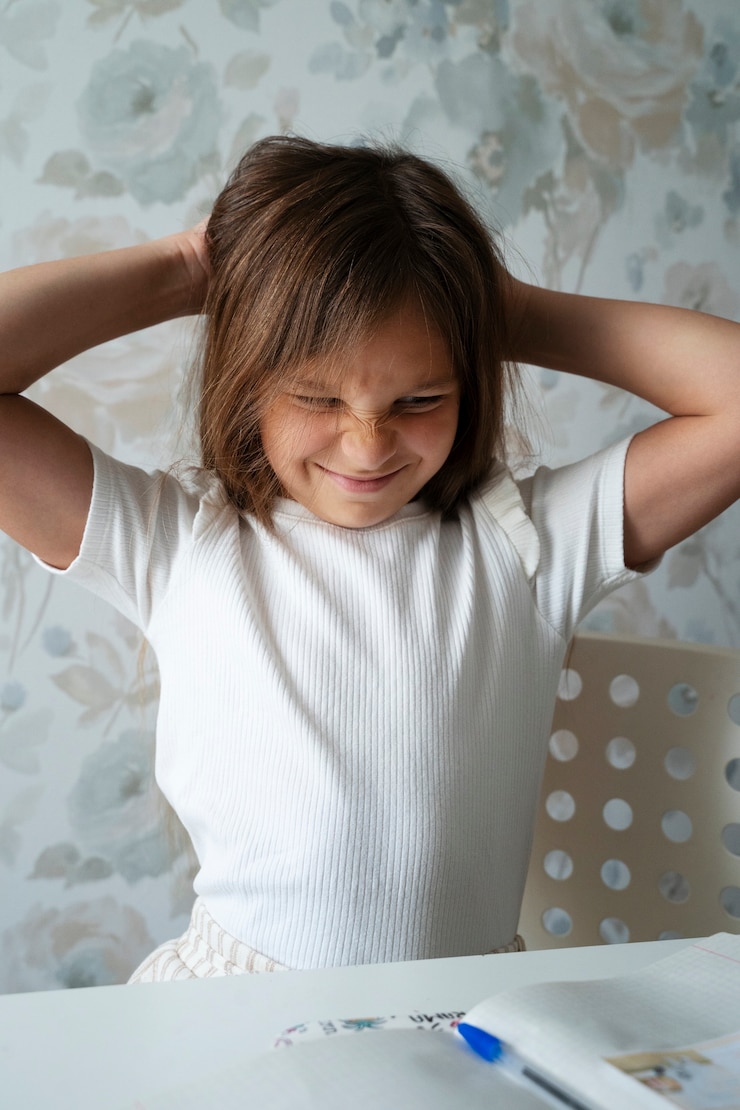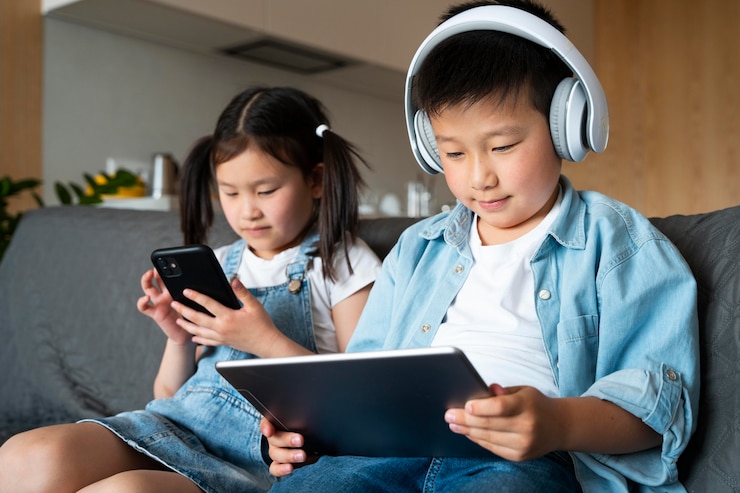
Title: Protecting Your Child’s Mental Health in Today’s Hectic World
Introduction
In today’s world, stress and anxiety are more prevalent than ever, and our brains aren’t naturally equipped to handle it all. This is especially true for children, whose brains are still developing and learning how to manage stress effectively. As parents, we face the daunting task of sending our kids into environments filled with academic pressures, social media influences, and even safety concerns.
The Importance of Emotional Safety at Home
Creating a secure emotional environment at home is crucial. The challenges children face today are unprecedented, and the impact of external stressors can infiltrate even our homes. By prioritizing their emotional well-being, we can help them navigate the world with greater resilience.
Understanding Children’s Reactions to Stress
Stress affects children’s ability to focus and learn. Anxious thoughts can undermine their school performance, and their reactions—whether through tears or physical complaints—often signal underlying anxiety. By addressing emotions rather than behavior, we can offer unconditional support rather than criticism.
Regular Emotional Check-ins
Regularly checking in with your child fosters a safe space for them to express their worries. Simple conversations about their feelings can prevent emotional build-up and encourage them to work through their emotions. This approach normalizes their experiences and reduces stress.
The Role of Physical Activity and Nature
Physical activity is vital for stress relief, providing calming sensory input and strengthening brain areas responsible for focus and decision-making. Similarly, time in nature boosts mood and stress regulation. These activities are powerful strategies in coping with anxiety.
Limiting Exposure to Stressful Media
Exposure to distressing media can heighten anxiety in children. Their developing brains process such content as real, overwhelming them. Sharing age-appropriate information and facilitating open-ended discussions can alleviate fears and create a sense of control.
The Power of Connection and Play
Daily connection with your child creates a foundation of safety and calm. Engaging in play or simple conversation nurtures their social and emotional skills, supporting growth in areas like communication, emotional intelligence, and self-control.
Fostering a Sense of Community
Encouraging acts of kindness and community involvement enhances emotional well-being and nurtures qualities like empathy and compassion. These activities counter feelings of anxiety and depression, promoting overall happiness.
Conclusion
In our fast-paced world, ensuring your child’s emotional health is as crucial as their academic success. The atmosphere you cultivate at home and the small steps you take to offer comfort and security are key protective factors supporting your child’s development now and in the future.
Bonus: Download our free daily check-in worksheet to help your child express their feelings and prioritize their emotional health.
Further Reading: [List of related articles]



